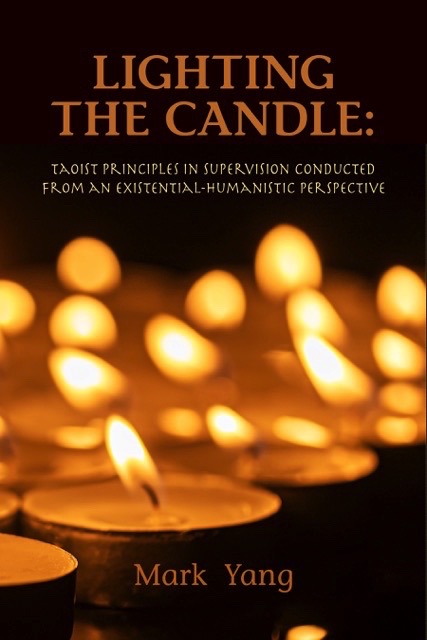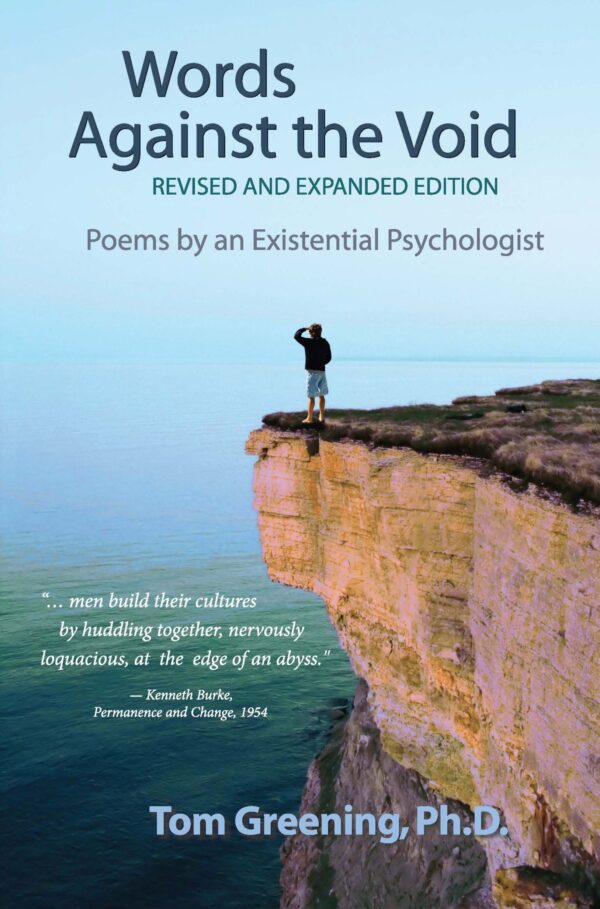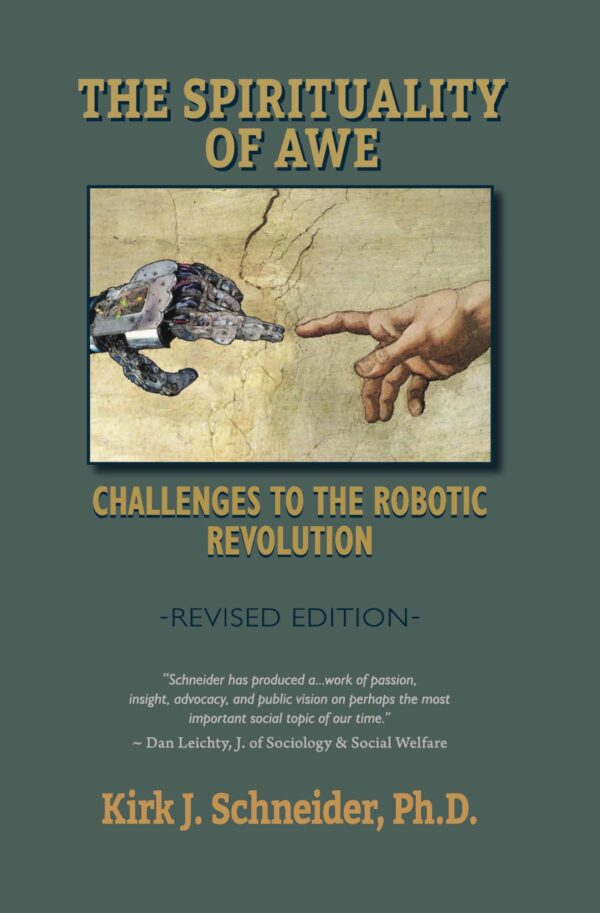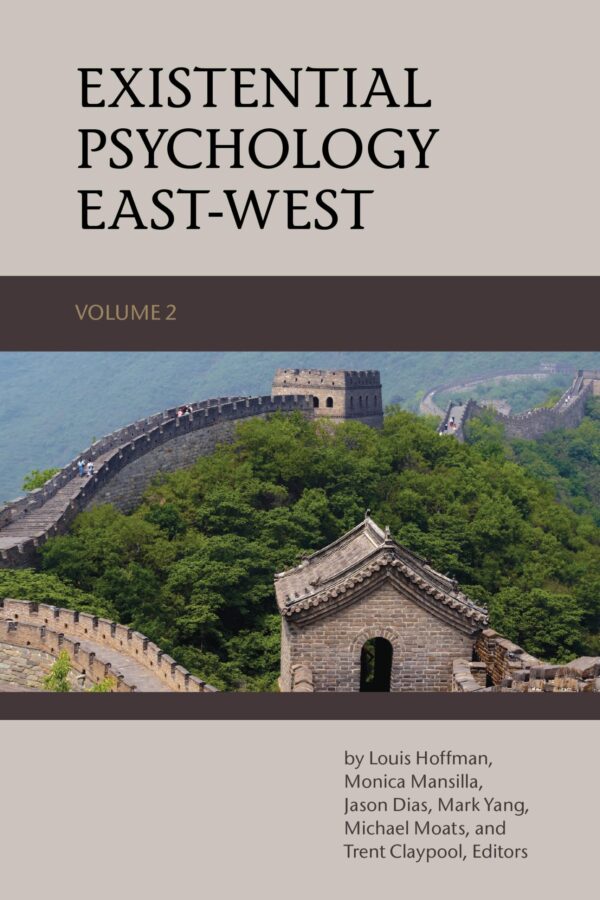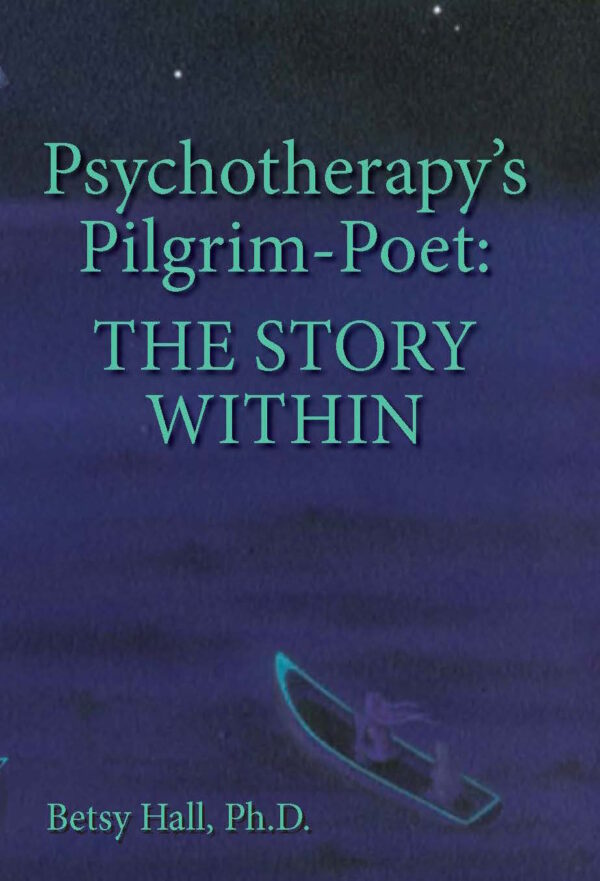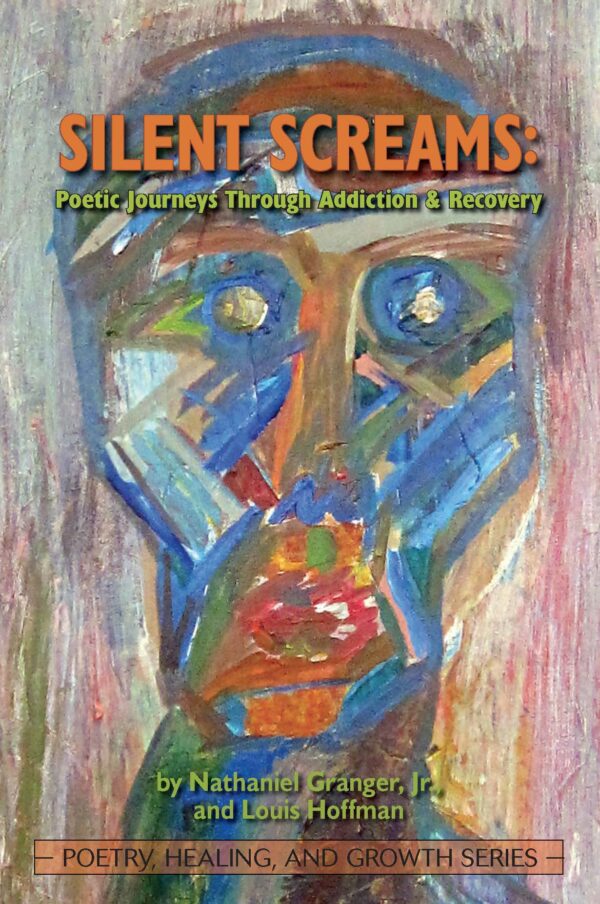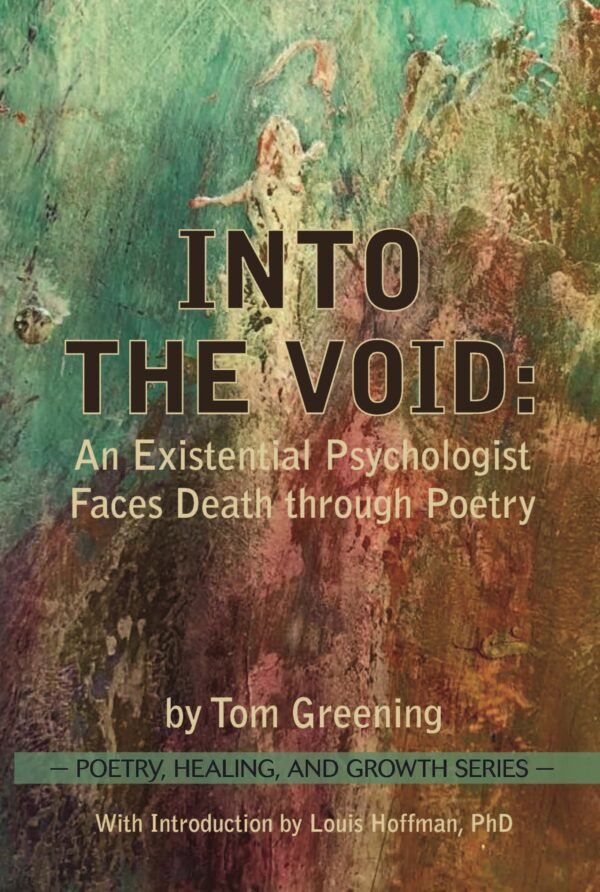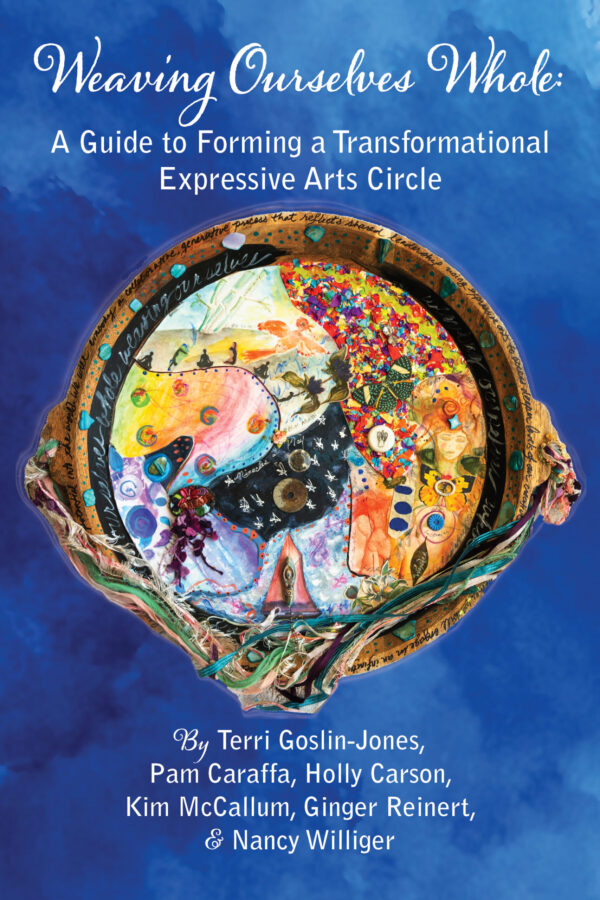Reviews
Mark Yang brings together wisdom and kindness along with East and West. Science often requires us to know things definitively. But the science of therapy, especially existential therapy, instead requires us to embrace ambiguity: to let go of certainty and dwell instead in faith in our own capacities. This book is for students and masters alike whose practices require an awakening of that faith. Wu Wei is the heart of this practice–effortless action, effortful inaction.
Jason Dias, PsyD, Assistant Professor of Psychology at Pikes Peak Community College and Co-Founder of The International Institute of Existential-Humanistic Psychology
In a profession where supervision seems to have been reduced to checking documentation and reviewing legal risks, Mark Yang’s, Lighting the Candle: Taoist Principles in Clinical Supervision Practiced from an Existential-Humanistic Perspective, comes to us as itself a true flame in the darkness, and just at the right time. Yang evokes the Taoist tradition of the narrative in teaching and learning, so consistent with the existential-humanistic tradition, and clears space for the beautiful paradox of Taoism in the supervisory process: doing without doing, being there while being “superfluous”. Our engineering of humanity calls for someone who can remind us that we are not machines, algorithms, commodities, or brains, but human beings. Yang does this and more. He reminds us that a human being is a narrative. This book is written in very congruent ways to its content: it is a poetics of supervision that understands human beings, the supervisory process and the relationships between teachers and students, as stories. Supervision is not something that is automatically granted to who has tenure in the local agency; it requires an art of soul: The ability to tell and hear stories. When we forget that, and the ancient Taoist tradition from which it comes, when data-bytes of information displace stories, we will already be extinct as a species. This book is an antidote to that horror. Bravo!
Todd Dubose, PsyD, Full Professor at The Chicago School of Professional Psychology
Lighting the Candle is a remarkable book and only someone with an in-depth knowledge of Eastern and Western psychological wisdom could have written it, namely Mark Yang. The five chapters combine case studies with a deep understanding of existential-humanistic psychology and its parallel—and the much earlier—writings of Lao Tzu and Zhuangzi. Such topics as psychotherapy, supervision, and client-therapist relationships take on fresh meaning when seen through the Eastern lens, as do the insights of Rollo May and Victor Frankl. Dr, Yang’s translations are the work of a master poet and his evocative accounts of clients and their struggles attest to his skill as a master therapist. Lighting the Candle is bound to become an instant classic.
Stanley Krippner, PhD, California Institute of Integral Studies
Central to the approach of existential-humanistic psychology are themes of the “big” questions in life: what does it mean to be human, how to make sense of evil, and the inevitability of death. Before psychology became a modern science, these questions were addressed in philosophy, religion and the humanities. Mark Yang, in his new book, finds echoes of these questions in Taoist principles, as well as in Western mystical traditions. These questions, in existential-humanistic psychology as well as is ancient philosophies, are addressed most vividly through story. This book is full of such moving and enlightening stories–a wonderful teaching tool.
Ilene Serlin, PhD, Associated Distinguished Professor of Integral and Transpersonal Psychology at California Institute of Integral Studies
